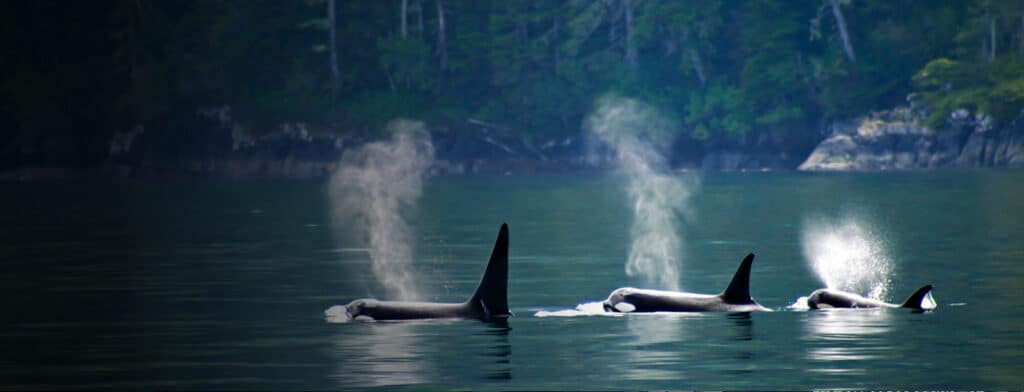
Blog
Search
Issues
Projects
-
Stop fast track authority for Trans Pacific trade deal
In collaboration with Republicans in Congress, the Obama administration is expected to soon seek so-called Fast Track or Trade Promotion Authority legislation in order to facilitate ratification in 20…
-
Bloggers: Unite for GMO Labeling!
Co-sponsored by: Organic Consumers Association, Food & Water Watch, Center for Environmental Health, Green America, & Pesticide Action Network In a few short weeks Washington voters will have…
-
Why GMO Labeling Matters–Read these Blogs!
Why is GMO labeling critical for our environment and health? Read the articles below to find out why people across the country care about GMO labeling, and why Washington State’s GMO labeling i…
-
To protect forests and fight the climate crisis: Secure community land rights
With the release last week of the new Intergovernmental Panel on Climate Change report reconfirming the scientific consensus on both the reality and the urgency of the climate crisis (enough to make…
-
A polluted process: Keystone XL, the State Department and conflicts of interest
New infographic shows State Department Keystone XL review compromised from Day 1 The showdown over Obamacare isn’t the only reckless political ploy that threatens to shut down the government. …
-
Communities in Nigeria Take Wilmar to Court for Landgrabbing
Nigeria, in West Africa, is fertile territory for palm oil cultivation. Undertaken at a reasonable scale, and with proper attention to social, environmental and labor standards, palm oil could provide…
-
Keep GMO apples out of baby food!
GMO Apples: Coming soon to baby food, school lunches and Happy meals As the fall season rushes in, my kitchen fills up with canned apple sauces, baked apple crisps, and fresh apple slices. And as an a…
-
Extreme genetic engineering in your ice cream?
With the long Labor Day holiday weekend approaching, I look forward to barbeques with friends and family, and enjoying one of my favorite summertime treats: vanilla ice cream. I generally pick the ice…
-
Gardeners beware: “Bee-friendly” plants may be poisoning your garden
You may know that bees are in grave trouble. But did you know that your own garden plants may be poisoning these bees?
-
Fed-Up with Larry Summers
There are just some public officials who won’t go away. Exhibit A: President Obama’s former director of the National Economic Council and the former secretary of treasury under President C…